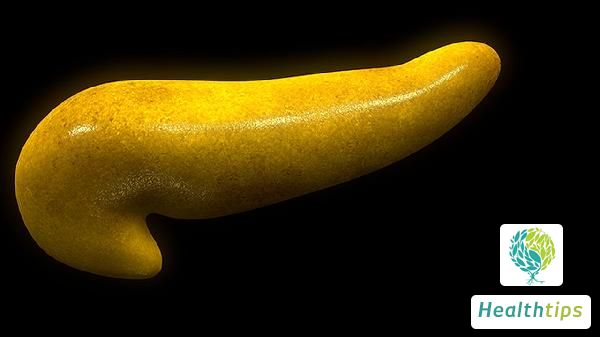Due to poor lifestyle habits, irregular schedules, and other factors, the incidence of gallstone disease is increasing. The earlier gallstone disease is treated, the lower the treatment difficulty and the less pain the patient will endure. Therefore, once relevant symptoms appear, patients must seek medical attention as soon as possible and find the cause of the disease with the help of a doctor for targeted treatment. What are the causes of gallstone disease? Let's find out together below.

First, gallbladder and biliary tract infection: When the patient's gallbladder is infected, shed epithelial cells can easily become the center of cholesterol stone crystallization. The gallbladder wall absorbs a large amount of bile salts, altering the composition of bile and ultimately leading to gallstone disease. If roundworms or harmful bacteria enter the biliary tract and induce infection, bacteria in the intestine will proliferate and produce enzymes, which combine with bilirubin to form non-tuberculous bilirubin. Through a series of chemical reactions and combining with calcium ions, bilirubinate stones will eventually form.
Second, cholesterol supersaturation: Many clinically patients have habits of high cholesterol and high-fat diets, which increase the cholesterol content in bile and alter the proportion of bile components. When cholesterol in bile becomes too saturated, gallstone disease is likely to occur.
Third, decreased bile salt concentration: The relationship between bile salt concentration and bilirubinate stones is very close. Once the bile salt concentration decreases, bilirubin is easily deposited under the influence of bile acids. When these deposited substances coalesce, they can induce gallstone disease.
Fourth, recurrent biliary tract infections: If the patient's biliary tract is repeatedly infected, it will become relatively narrow, obstructing the smooth excretion of bile and contributing to the formation of bilirubinate stones.
The above is an introduction to the causes of gallstone disease. Gallstone disease is a relatively common disease. In the early stages of the disease, symptomatic treatment is usually adopted, which can achieve good therapeutic effects. In the later stages of the disease, surgical treatment is usually required for cure. Since gallstone disease can recur, patients need to understand its causes while undergoing treatment to prevent recurrent episodes.

